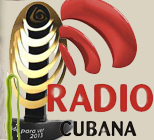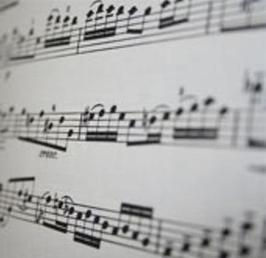The initiative to establish the World Radio Day emerged seven years from the Spanish Academy of Radio, but it was not until November 2011 when the Thirty-Sixth Conference of UNESCO, headed by the General Director of the agency, Irina Bokova, gave its approval.
Since that World Day is celebrated every February 13th to coincide with the date of creation of the United Nations Radio, in 1946, a year after the founding of the UN.
In his message this year Irina Bokova calls to increase social inclusion generation under 30, which represents more than half of the world population, and emphasizes the power of radio to help achieve this goal.
Youth and innovation in radio is the central theme of the main celebration will be held in the Swiss city of Geneva, which is based the International Telecommunication Union and the European Office of the United Nations. Here also lie the World Health Organization and the International Red Cross, among others.
From the Popov Room Tower Building ITU will be this day radio broadcasts, and exhibitions, debates and presentations on the theme will be made.
The ceremony in Havana has been organized by the UNCA, the Cuban Association of the United Nations, the Press Commission has invited UN representatives accredited to Cuba, as well as young broadcasters to discuss the issue and analyze the message Director-General of UNESCO, Irina Bokova, on the inclusion of youth and dialogue between generations.
Radio Havana Cuba, which broadcasts in seven languages, shortwave frequency modulation and the Internet, are very valuable services provided by the United Nations Radio, which can be obtained, besides information for programs dedicated to Science, Health, Environment and reports on specific topics discussed at the General Assembly of the UN high-quality copies of historical interventions in New York of Cuban leaders, especially Fidel Castro, Ernesto Guevara and Foreign Minister Raul Roa.
It recognizes radio as the medium’s most watched worldwide, and is especially appropriate to reach remote communities and vulnerable people as the illiterate, the disabled, women and the poor. Radio is the most economical and effective means in emergency and disaster relief, as also evidenced by the amateur.
The Cuban Radio, which extends along the entire archipelago, celebrates its national day on August 22 because that day in 1922 the remarkable musician and Cuban patriot Luis Casas Romero began radio broadcasts in the Greater Antilles. But also celebrates the World Radio Day Cuba for being one of the founding countries of the United Nations, which has fought major battles in defense of its sovereignty and independence, and garnered significant diplomatic victories against the U.S economic, commercial and financial blockade.
Translated by: Daysi Olano Fernandez




